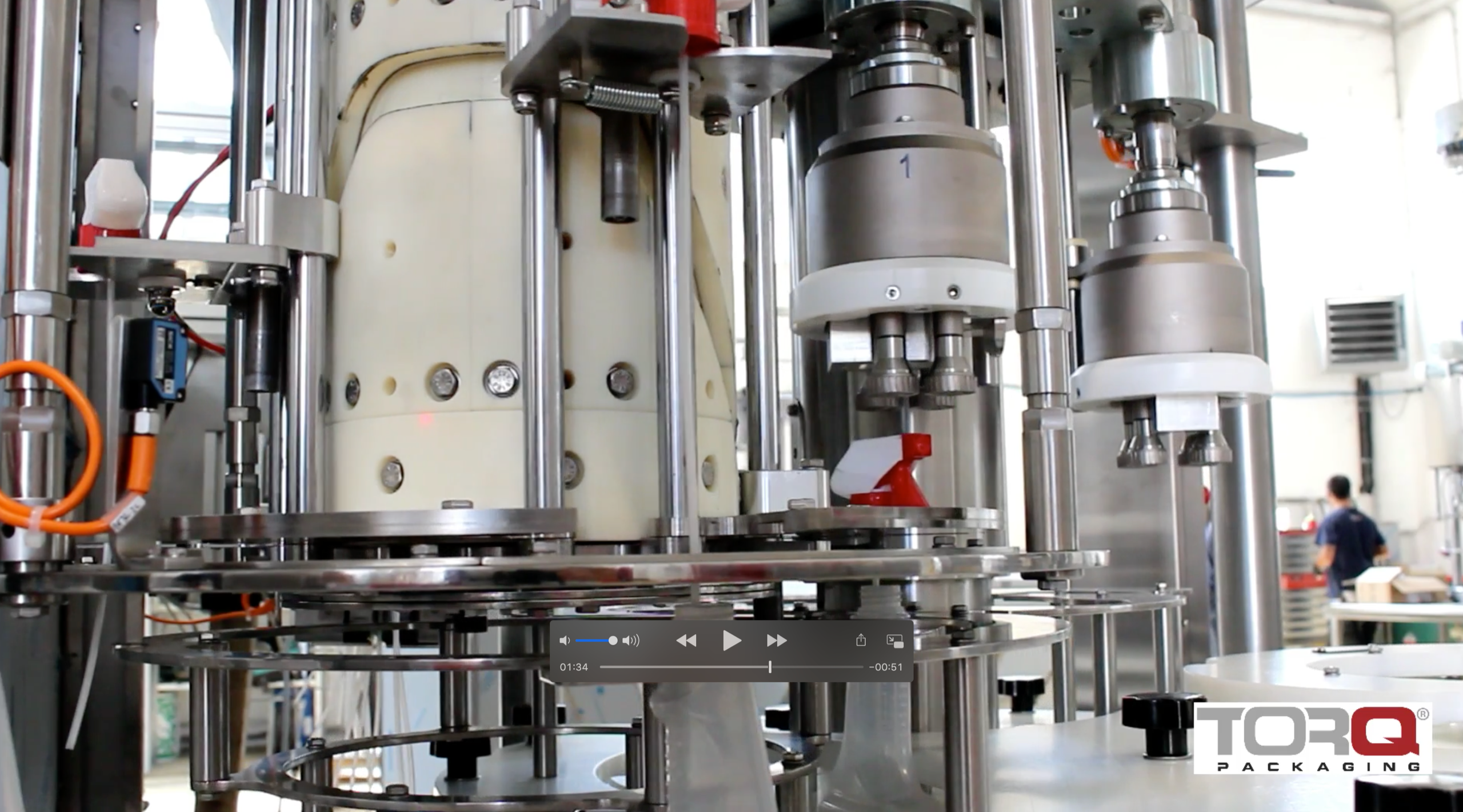Inline Filler
What is a bottle capping machine
An automatic bottle capping machine is a machine that applies caps to bottles automatically. These machines combine several functions, including bottle filling, capping, and labeling. A bottle capping machine will greatly increase the productivity of a packaging line and can be used for a variety of applications. Some of the most common uses for a bottle capping machine include the packaging of liquid and dry products. To learn more about the benefits of this type of packaging equipment, read on.
An automatic bottle capping machine is not entirely automated. It still requires human labor, but automation will greatly reduce the need for an operator. Many of these machines have an operator who places the bottle and cap. Some automatic bottle capping machines are tabletop or portable frame cappers. They utilize a switch to activate, and can have a single head or multiple heads. Both types of automated bottle capping machines are capable of increasing production speed.
A bottle capping machine is an effective tool for any company. The most important benefit of an automatic bottle capping machine is consistency in capping. When you open a bottle, you may experience inconsistent caps, or the caps could be loose. This could lead to water-damaged products or a bottle that you have to open with brute force. Automatic capping equipment allows you to avoid these problems by tightening caps automatically.
